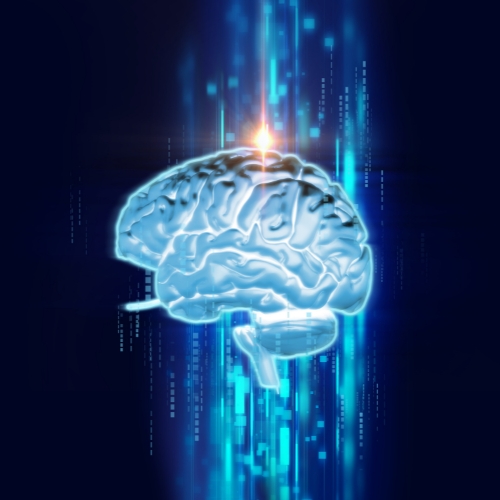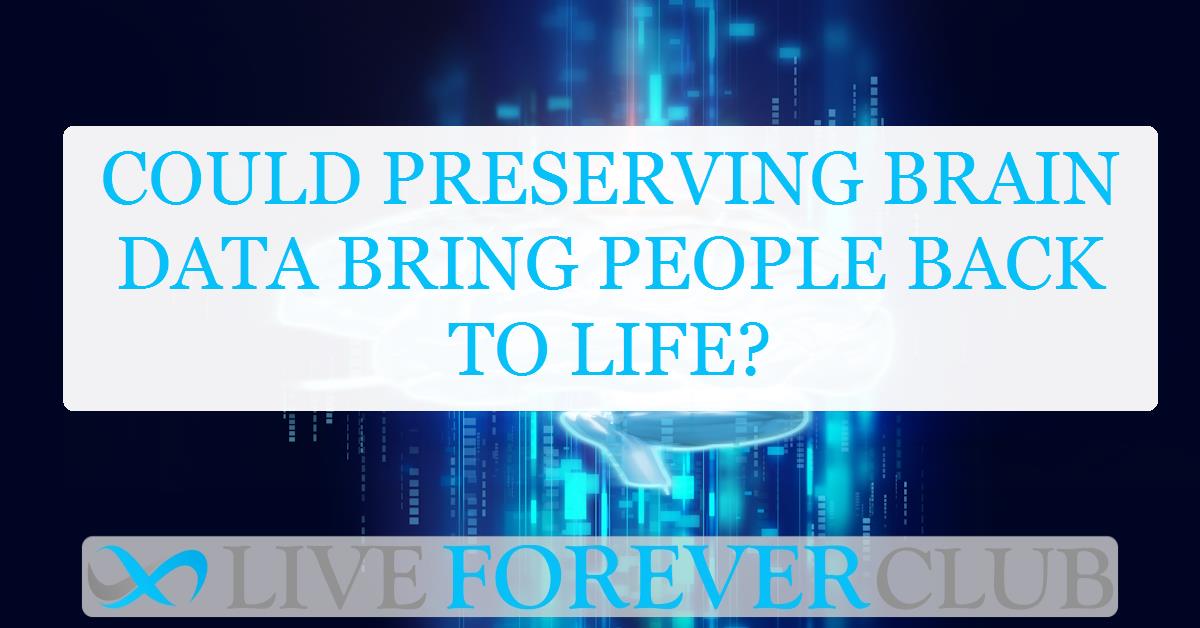Key points from article :
Humans have long sought immortality, dreaming of evading the inevitability of death. While this idea was once confined to religious myth, today, technology is attempting to make immortality a reality.
Cryopreservation, the process of preserving biological tissue at extremely cold temperatures, is among the most discussed methods. The concept originated in a 1931 science fiction novel, "The Jameson Satellite," where a professor freezes his brain and sends it into space, where it is later revived and placed in a mechanical body.
Dr. Ariel Zeleznikow-Johnston, a researcher at Monash University, offers a twist on the traditional cryonics movement. In his book, The Future Loves You: How and Why We Should Abolish Death, Zeleznikow-Johnston proposes that instead of freezing physical tissue, we should focus on preserving the “data” of our brain’s unique connectome—the map of connections between neurons.
He believes that once a person’s connectome is recorded before death, it could potentially be recreated using computers and stem cells. This concept, which he views as a spiritual evolution of cryonics, dismisses the idea of preserving tissue as unscientific.
"We have very strong evidence that the static structure of the neurons is enough to hold onto someone's memories and personality," Zeleznikow-Johnston explains, arguing that the static properties of the brain could preserve the essence of who we are, despite the dynamic nature of our synaptic connections.
However, some scientists are skeptical. Dr. Jason D. Shepherd, an associate professor at the University of Utah School of Medicine, doubts that the connectome can be fully captured.
"Even if you could download the information that a brain holds, the trillions of synaptic connections unique to each brain... those synapses are constantly changing," Shepherd argues. He also suggests that consciousness cannot exist without the body, pointing out that there is ongoing communication between the brain and body that contributes to a person’s sense of self.
Zeleznikow-Johnston counters this by acknowledging the changing nature of synapses. He still believes that the preserved structure of neurons can retain memories and personality.
“We have good data already to suggest that that's the case," he adds, pointing to techniques like deep hypothermic circulatory arrest, where patients are revived after being cooled to 18ºC. Despite some memory loss, patients retain long-term memories, supporting his belief in the potential of brain preservation.
Philosophers also raise concerns about Zeleznikow-Johnston's theory. David Skrbina, author and philosopher, argues that even if a preserved brain could be revived, it wouldn’t be the same person.
"It's still two beings, two conscious entities, not one," he says. He likens it to cloning, where a copy may resemble the original but remains separate. Similarly, Luke Roelofs, a philosopher of mind, questions whether a revived consciousness would truly be the original consciousness or simply an imitation.
Zeleznikow-Johnston acknowledges these concerns, but asserts that functionalism—the idea that the function of the mind, rather than its biological material, matters most—can allow a mind upload to be conscious in the same way a biological human is. He rejects panpsychism, the idea that all matter has consciousness, as unhelpful in the context of brain preservation.
Regardless of the philosophical and scientific debates, Zeleznikow-Johnston believes his ideas are worth exploring. A recent study in Frontiers in Medical Technology examined potential brain preservation strategies, including traditional cryonics. The authors concluded that there is a real chance for successful restoration in the future, which could also lead to advancements in studying brain disorders and even space exploration.
Zeleznikow-Johnston argues against the notion that immortality would make life meaningless. He points out that the lifespan of different animals varies widely, and suggests that if life were extended beyond the current average of 80 years, it wouldn’t necessarily diminish its meaning. "If our lives are given meaning by 80 years, would they be more meaningful if we live 60 years or substantially less meaningful if we lived 150 years?" he asks.
While his vision remains speculative, Zeleznikow-Johnston's ideas challenge our understanding of death and consciousness, proposing that the key to immortality may lie not in physical preservation, but in the preservation of the mind itself.






